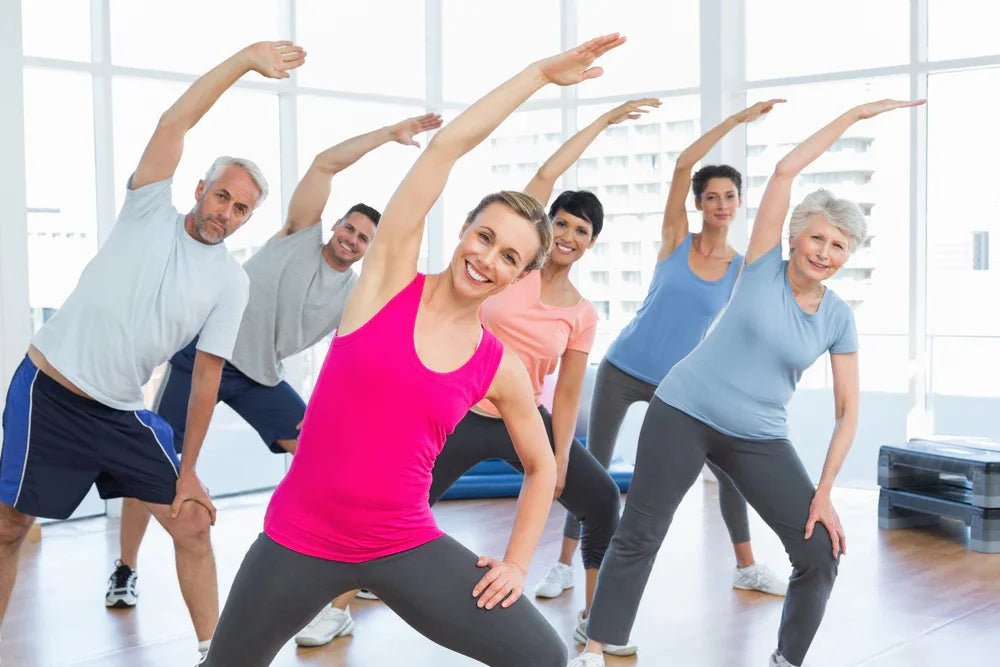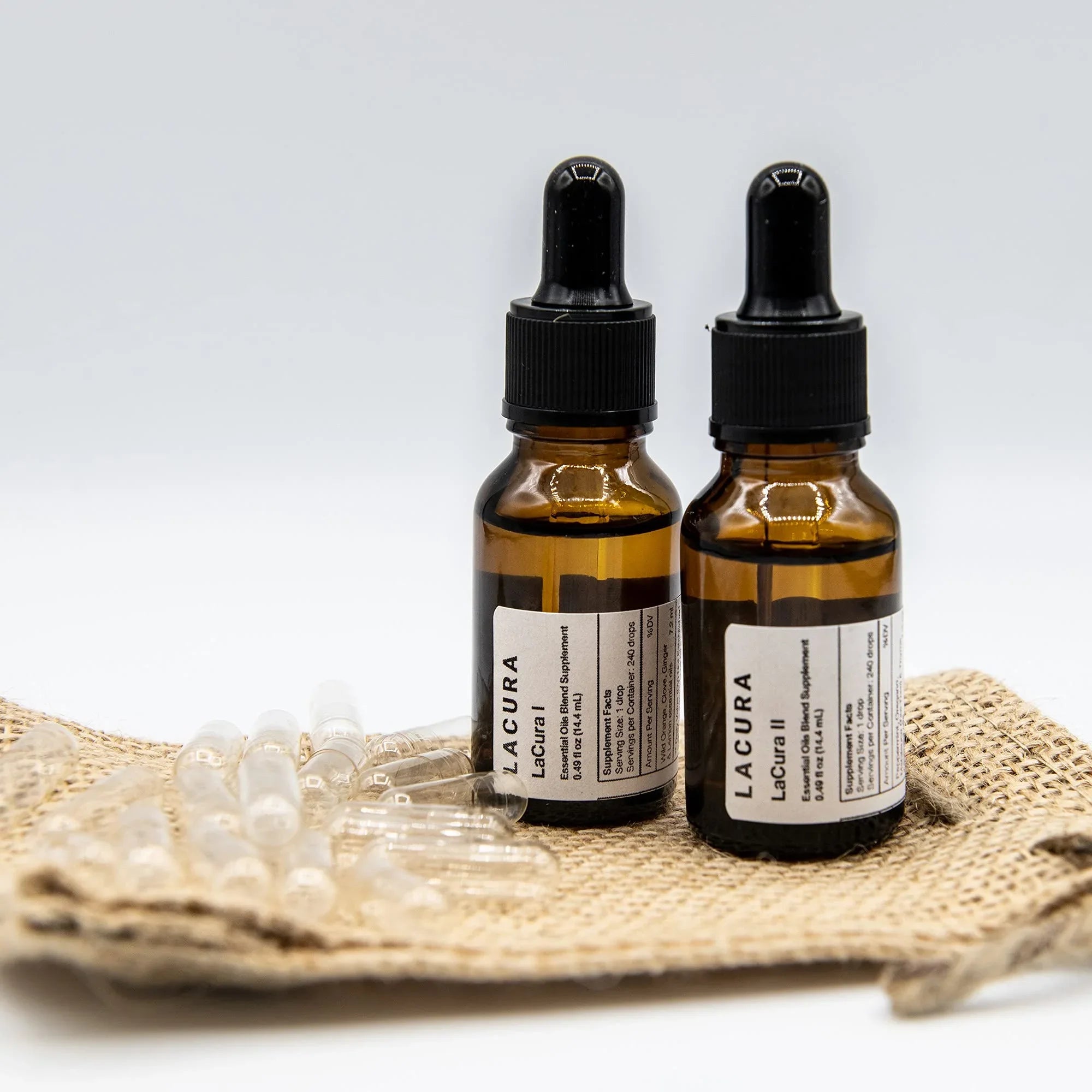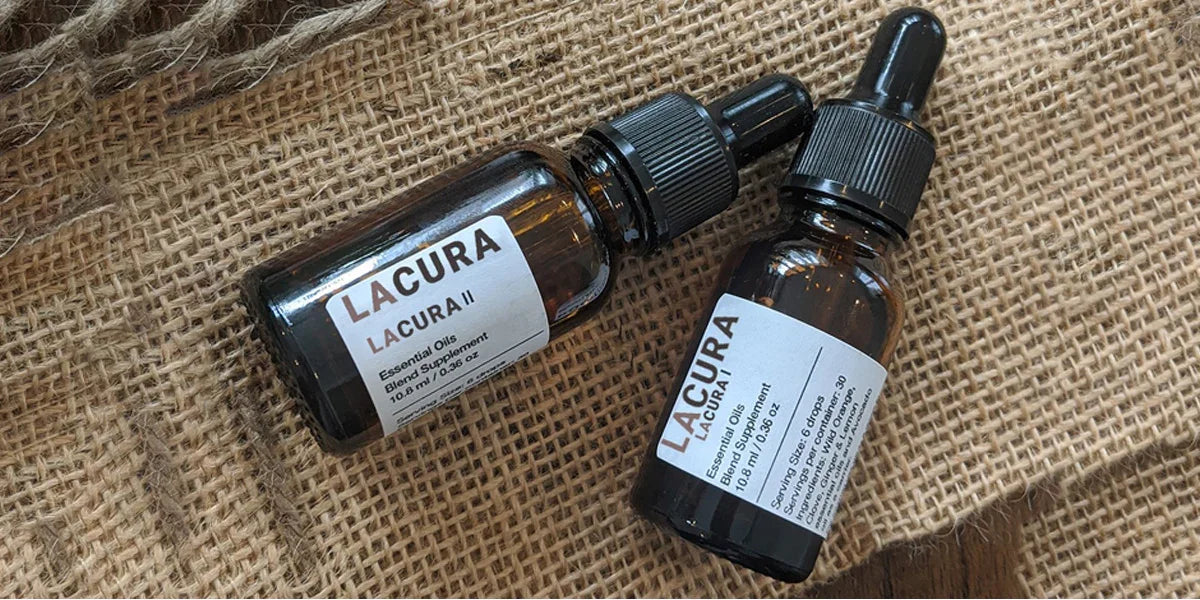It’s common-sense advice that regular exercise increases immunity. Despite this, only recently have scientists been able to provide supporting evidence for the idea. Back in the early 20th century, researchers noticed a spike in the white blood cells in Boston marathon runners after they finished the race, but further studies showing any direct effect of exercise on immunity had been few and far between — until now.
Active People Had a Lower Risk of COVID-19 Infection
The breakthrough came by looking at people’s habits during the COVID-19 pandemic. Several studies showed that those exercising during the pandemic had both a reduced risk of infection and a lower likelihood of severe infection. A meta-analysis of these studies discovered that exercising on a regular basis reduced the risk of hospitalization from COVID by 36% and of death by 43%.
The studies found that any amount of exercise offered some protection from the disease. However, people who met current guidelines of at least 150 minutes of moderate exercise or 75 minutes of vigorous exercise a week saw the greatest benefits. These findings have led some scientists to call for changes to guidelines to emphasize the need for physical activity to stay healthy.
It’s Not Just COVID
Observations of people who exercise on a regular basis have revealed that they fall sick less often from several other types of respiratory tract infections and tend to have less severe symptoms. This is true for everything from the common cold and influenza to pneumonia. It’s almost like exercise works as a vaccine, and it’s no surprise why. Exercise triggers the release of endorphins, which are chemicals released during pleasurable activities. Endorphins help to relieve pain, reduce stress, and improve your overall sense of wellbeing..
Why Would Exercise Improve Immunity?
The reason scientists propose for better immunity in people who exercise regularly is that working out improves the circulation of immune cells in the blood. Some small studies have also revealed that exercise leads to the circulation of cytokines, which are a type of protein that send signals to the immune cells, alerting them to the presence of infectious agents in the body. Studies have found that the contraction and movement of the muscles results in the release of these proteins.
Even though your body stops producing extra immune cells and cytokines around two to three hours after you finish working out, your immune system remains more active as a result of the previous activity. If you’re exposed to a virus or other type of pathogen, your body will be able to respond faster, decreasing the chance you suffer from severe illness — or become infected at all.
Exercise also decreases your risk of depression through the release of endorphins. Since having depression could raise your risk of other diseases, getting physical activity to prevent or address depression helps you stay healthy both mentally and physically.
Exercise and Inflammation
Exercise is also correlated with less chronic inflammation. Although inflammation is a defense mechanism against pathogens, too much inflammation leads to poor health in several ways. For instance, chronic inflammation is a risk factor for some infectious diseases as well as autoimmune diseases.
Other Potential Health Benefits of Exercise on Immunity
Exercise also provides many additional health benefits, meaning it may indirectly improve your immunity. For instance, exercise improves sleep quality, reduces stress, and enhances mood. Plus, it reduces the likelihood of non-infectious diseases like diabetes, obesity, and heart disease by helping you maintain a healthy weight, improving your cardiovascular health, and increasing insulin metabolism. Suffering from any of these diseases increases your risk of severe illness from infectious disease.
Take These Findings with a Grain of Salt
Research linking exercise with immunity is still in its early days. As with all scientific studies, it’s difficult to say for sure if there’s a causal relationship. This means you shouldn’t expect just working out on a daily basis to protect you from infectious diseases. Whereas exercise is likely to be beneficial to your overall health, it may not be enough to prevent you from falling sick entirely.
One reason it’s difficult to say how closely related exercise is to immunity is that the people in the studies didn’t all perform the same exercise, work out for the same amount of time each day, nor train to the same intensity. Plus, the research relied on participants self-reporting their exercise habits, which is notoriously unreliable. Therefore, scientists are unable to say how much exercise or what type is best for boosting immunity.
In fact, too much exercise may be detrimental. After running a marathon, people often report falling sick. This leads some researchers to believe too much exercise (particularly vigorous exercise) may lead to excessive cytokines and inflammation. This is more likely to occur when exercising without rest, as you use up all your reserve energy stores. This may result in decreased immunity for the following hours or days.
Another issue is the placebo effect: people who expect exercising to provide them with greater immunity may see such results. Although this implies exercising does work, it means exercise is having a mental effect rather than impacting the immune system directly.
Lastly, there’s the fact that people who exercise tend to engage in other healthy habits that are likely to improve their immunity as well, such as eating a balanced diet, receiving vaccines, and using natural products.
How to Boost Your Immune System
Although it’s still unknown exactly what impact exercise has on immunity, there are things you can do that will improve your immunity. The best way to boost your immune system is to maintain a healthy lifestyle overall. As well as exercising a reasonable amount, this means eating a balanced diet, getting enough sleep, and taking advantage of powerful compounds in nature. The essential oils from LaCura concentrate the most potent parts of plants, fruits, and herbs to maximize their health benefits. Check out our online store to find essential oils made from ingredients specifically chosen for their effects on immunity, including LaCura I to support immunity, LaCura S for sleep, and LaCura Lymphatic Support to increase circulation.






